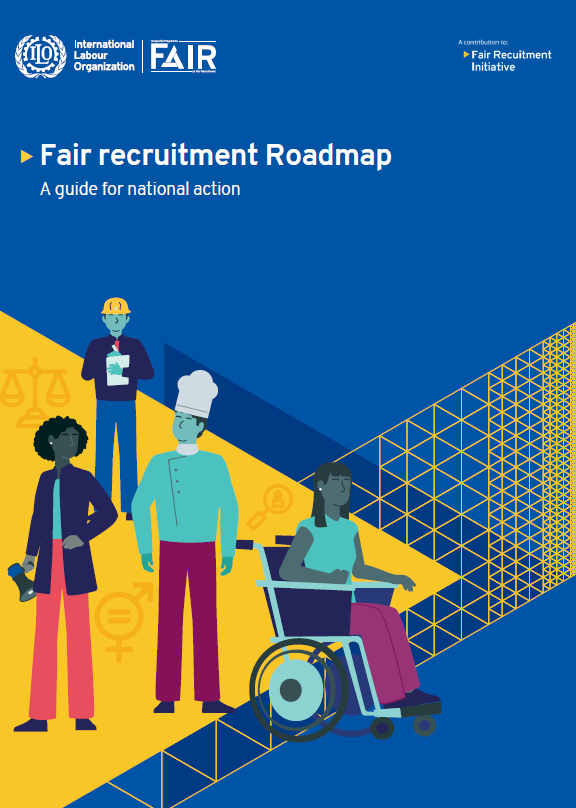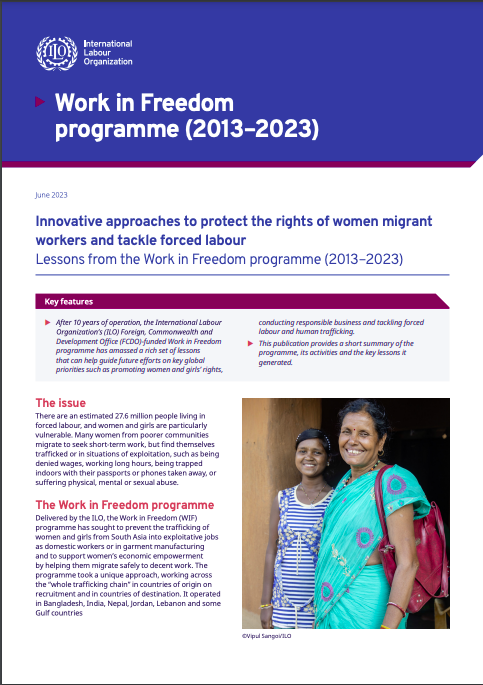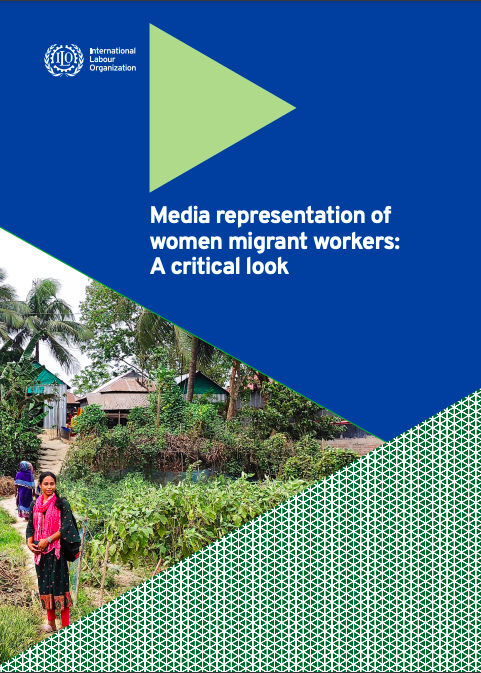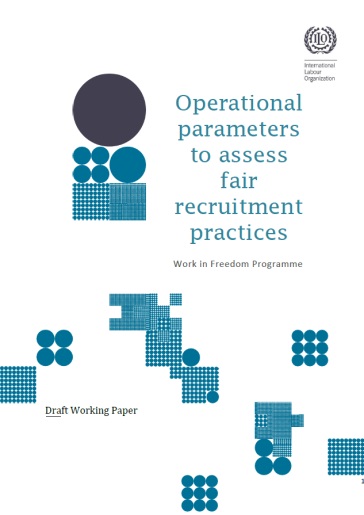10 Year Anniversary of the Forced Labour Protocol
Posted at June 11th 2024 12:00 AM | Updated as of June 11th 2024 12:00 AM
Region/Country :
|Themes : , , , ,
Empowering Change: Ghana Adapts ILO Toolkit on Forced Labour and Fair Recruitment Reporting
Posted at March 20th 2024 12:00 AM | Updated as of March 20th 2024 12:00 AM
Region/Country : ,
|Themes : , , ,
Winners of 2023 ILO Global Media Competition on Labour Migration announced
Posted at December 15th 2023 12:00 AM | Updated as of December 15th 2023 12:00 AM
Region/Country :
|Themes : , , , , , , , ,
ILO opens the 2023 Global Media Competition on Labour Migration
Posted at September 25th 2023 12:00 AM | Updated as of September 25th 2023 12:00 AM
Region/Country :
|Themes : , , , , ,





